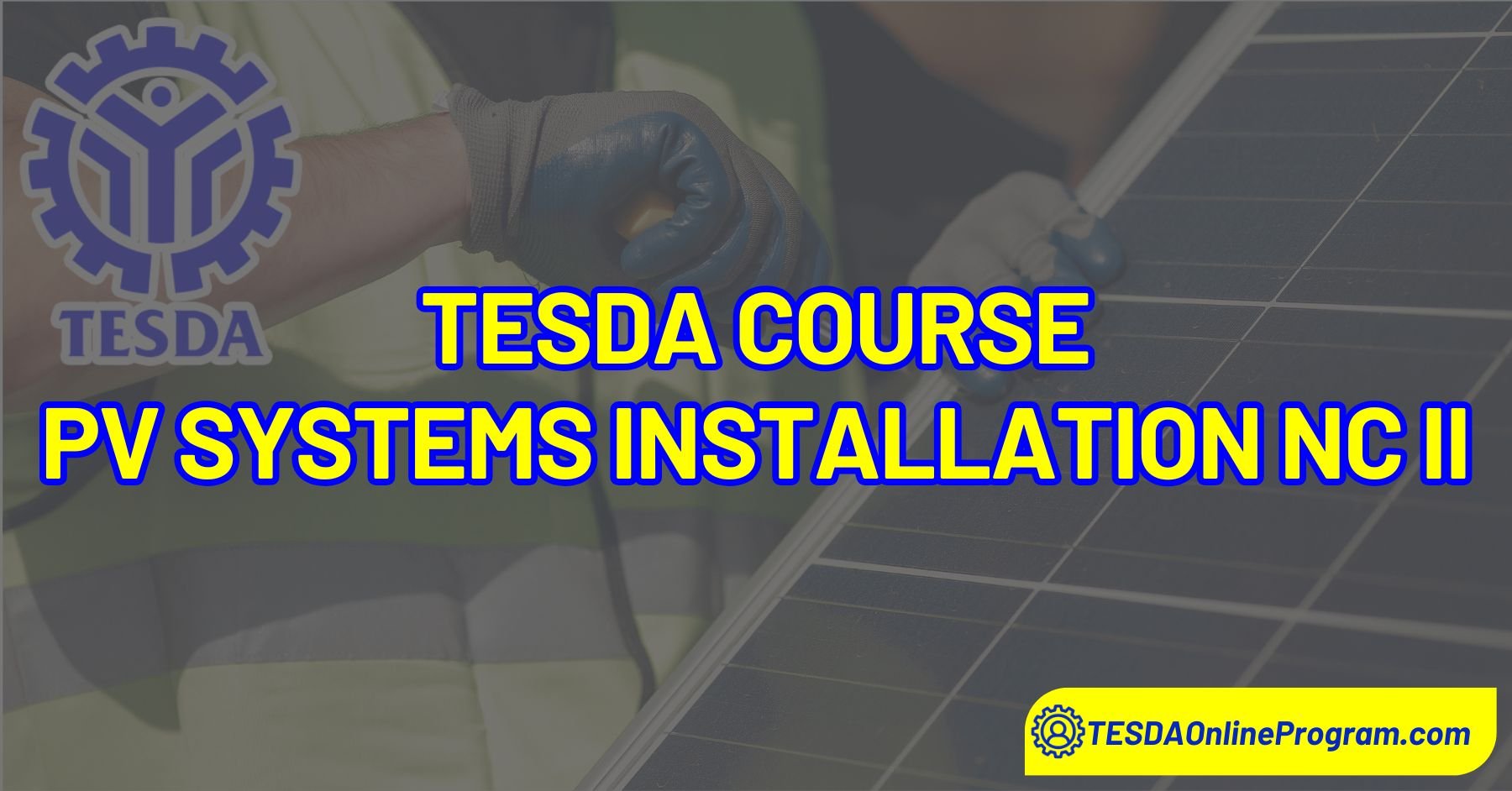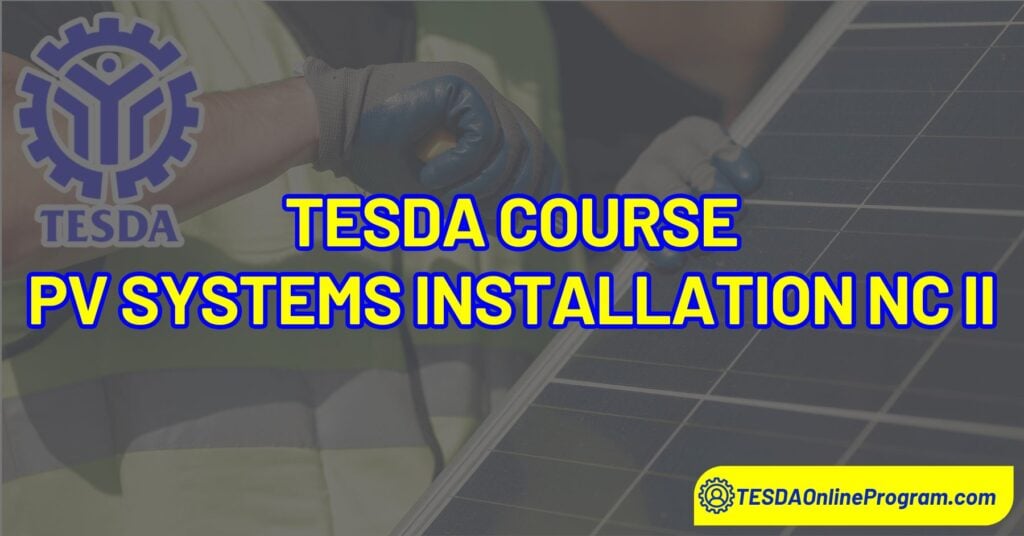TESDA offers various vocational courses for individuals who want to gain skills and knowledge in different industries. One of the courses offered by TESDA is the Laboratory and Metrology/Calibration Services Courses.
Also read: TESDA Process Inspection Courses
These courses are designed to equip individuals with the necessary competencies to perform laboratory and metrology/calibration services work, which is crucial in ensuring accuracy and reliability in dimensional measurement processes. The importance of this field cannot be underestimated as it plays a vital role in various industries such as manufacturing, construction, engineering, and many others that require precise measurements.

Benefits
Here are some benefits of taking Laboratory and Metrology/Calibration Services courses by TESDA:
- Develop technical skills: These courses provide hands-on training on how to use various measuring tools and equipment, allowing individuals to develop their technical skills in the field of dimensional mensuration.
- Enhance job opportunities: With a TESDA certification in Laboratory and Metrology/Calibration Services, individuals become more employable as they possess the necessary knowledge and skills for this specialized field.
- Meet industry standards: The courses offered by TESDA are designed according to industry standards, ensuring that graduates have the competency and expertise required by employers.
- Opportunity for career advancement: Completing these courses can open up new career opportunities in a wide range of industries, such as manufacturing, quality control, and research and development.
- Recognition of international standards: TESDA certifications are recognized internationally, providing individuals with more opportunities for employment abroad.
Laboratory and Metrology/Calibration Services NC II
This qualification equips individuals with the skills to perform calibration and measurement tasks. With growing demand for precise dimensional measurements, this qualification focuses on scientific planning, execution, assessment, and calibration. It covers the use of basic tools like vernier calipers and micrometers, as well as advanced computerized and electronic measuring equipment.
Units of Competency
The Units of Competency comprising this Qualification include the following:
BASIC COMPETENCIES
- Participate in Workplace Communication
- Work in Team Environment
- Practice Career Professionalism
- Practice Occupational Health and Safety Procedures
COMMON COMPETENCIES
- Read, Interpret and Apply Engineering Drawings
- Perform Mensuration and Calculation
- Read, Interpret and Apply Specifications and Manuals
- Perform Shop Maintenance
CORE COMPETENCIES
- Perform Engineering Measurement
- Perform Precision Mechanical Measurement
- Calibrate Measuring Equipment
Career Opportunities
A person who has achieved this qualification is competent to work as:
- Laboratory Technician
- Metrology/Calibration Technician
Assessment Methods
- Written examination
- Demonstration of practical skills
- Direct observation
- Interview
Course Delivery
- Self-paced instruction
- Demonstration
- Lecture
- Discussion
- Dual training
- Distance learning
Training Duration
- 18 Hours (Basic Competencies)
- 20 Hours (Common Competencies)
- 56 Hours (Core Competencies)
Total: 94 Hours
Qualifications
This section outlines the qualifications and educational requirements for trainees. Additional criteria, such as health and physical fitness, are also specified. Passing entry-level written examinations may be required, if applicable. The qualifications include:
- Basic knowledge of mensuration
- Good moral character
- Strong oral and written communication skills
- Physical and mental fitness
Trainer Qualifications
Here are the key qualifications that a trainer must possess in order to be effective in their role:
- Holder of an Engineering degree or a related course.
- Completed Training Methodology II (TM II).
- Proficient in computer use.
- Physically and mentally fit.
- At least 4 years of relevant industry experience (optional, based on hiring institution requirements).
- Civil service eligibility or a professional license from the Professional Regulatory Commission (for government positions).
Reference: TESDA Board Resolution No. 2004-03.
Laboratory and Metrology/Calibration Services NC III
The Laboratory and Metrology/Calibration Services NC III Qualification covers the skills needed to perform laboratory work, use basic measuring devices, operate coordinate measuring machines, and apply graphical techniques with simple statistical computations.
Units of Competency
The Units of Competency comprising this Qualification include the following:
BASIC COMPETENCIES
- Lead workplace communication
- Lead small teams
- Develop and practice negotiation skills
- Solve problems related to work activities
- Use mathematical concepts and techniques
- Use relevant technologies
COMMON COMPETENCIES
- Read, Interpret and Apply Engineering Drawings
- Perform Mensuration and Calculation
- Read, Interpret and Apply Specifications and Manuals
- Perform Shop Maintenance
CORE COMPETENCIES
- Use Comparison and Basic Measuring Devices
- Measure Components Using Coordinate Measuring Machines
- Use Graphical Techniques and Perform Simple Statistical Computations
Career Opportunities
A person who has achieved this qualification is competent to work as:
- Laboratory and Metrology
- Calibration Senior Technician
Assessment Methods
- Observation with questioning
- Demonstration of practical skills
- Portfolio
- Third party report
Course Delivery
- Demonstration
- Lecture
- Discussion
- Dual training
Training Duration
- 20 Hours (Basic Competencies)
- 20 Hours (Common Competencies)
- 56 Hours (Core Competencies)
Total: 96 Hours
Qualifications
This section outlines the qualifications and requirements for trainees. These include educational background, health, and physical fitness. Passing a written entry exam may also be required. The qualifications are as follows:
- Basic knowledge of mensuration
- Strong oral and written communication skills
- Physically and mentally fit
- Must hold a Laboratory and Metrology/Calibration Services NC II certification
Trainer Qualifications
Here are the key qualifications that a trainer must possess in order to be effective in their role:
- Must hold a Laboratory and Metrology/Calibration Services NC III certification.
- Must have completed Training Methodology Level II (TM II) or equivalent.*
- Must be computer literate.
- Must be physically and mentally fit.
- Must have at least 2 years of relevant job/industry experience (if required by the hiring institution).
- Must be civil service eligible or possess a professional license issued by the Professional Regulatory Commission (for government positions only).
*Note: The requirement for TM II will be updated to “Trainer Qualification Level II (TQ II) or equivalent” upon TESDA Board approval.
Reference: TESDA Board Resolution No. 2004-03
Requirements
To enroll in the course, you will need the following documents:
- PSA Birth Certificate
- High School or College Diploma
- Certified True Copy of Official Transcript of Records or Form 137
- Certificate of Good Moral Character or GMRC
- 1 x 1 and/or 2 x 2 pictures
To obtain further details, please reach out to the enrollment site that aligns with your requirements. Kindly note that the criteria may vary.
Sample of Certificate of Completion

Frequently Asked Questions
1. What is the course duration for Engineering Measurement and Calibration NC III?
A: The total training duration for this course is 94 hours, broken down into 18 hours for basic competencies, 20 hours for common competencies, and 56 hours for core competencies.
2. Are there any career opportunities after completing this qualification?
A: Yes, a person who has achieved this qualification can work as a Laboratory Technician or Metrology/Calibration Technician.
3. How will trainees be assessed in this course?
A: Trainees will be assessed through written examination, demonstration of practical skills, direct observation, and interview.
4. Is there distance learning available for this course?
A: As of now, distance learning is not yet available for this course. However, you may check with your chosen training institution if they offer online or remote learning options.
5. Are there any additional qualifications needed in order to enroll in this course?
A: Aside from the basic qualifications listed above, trainees must also possess a Laboratory and Metrology/Calibration Services NC II certification.
Summary
The Engineering Measurement and Calibration courses by TESDA aim to provide trainees with the necessary skills and knowledge to perform laboratory work, use measuring devices, operate coordinate measuring machines, and apply graphical techniques. Qualified trainers are also essential in ensuring effective learning for the students. This qualification offers career opportunities as a Laboratory Technician or Metrology/Calibration Technician. To enroll in this course, interested individuals must meet specific qualifications outlined by TESDA and prepare required documents for enrollment. Assessment methods include observation, demonstration of practical skills, portfolio submission, and third-party report.



